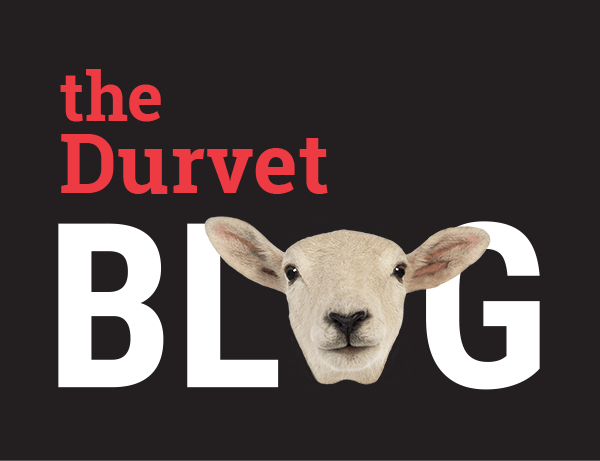
A key attribute you want in an employee is motivation. That personal virtue in a worker is a vital cog in the gears that keep your business running smoothly.
Another personal trait, however – the ability of staff members to balance their work and home (or after hours) lives – can be a bigger contributor to your business’ growth and bottom line performance.
Research published in 2014 (Employee-Friendly Companies and Work-Life Balance) by a team of social scientists at Murray State and the University of St. Thomas showed that companies facilitating work-life balance for employees not only enhanced worker satisfaction but also improved its financial performance.
“Past research shows that employee-friendly work environments and particularly work-life balance contribute to employee satisfaction,” said the authors.
 Employee-friendly work environments with perks including gyms, meals, happy hours, child day care, in-house dry cleaning, even bring-your-dog-to-work days are becoming the rule rather than the exception in America’s workplaces.
Employee-friendly work environments with perks including gyms, meals, happy hours, child day care, in-house dry cleaning, even bring-your-dog-to-work days are becoming the rule rather than the exception in America’s workplaces.
Nevertheless, cynical workers are claiming employee-friendly environments sometimes hide a sweat shop mentality on the part of companies who then demand even more work from employees in exchange for these benefits.
Be The Model
Christy Wright, a certified business coach and speaker for Ramsey Solutions, including Dave Ramsey’s EntreLeadership events, has a more practical take on how to create employee-friendly environments.
It centers on creating an atmosphere that promotes balance between your work and your home life and that of your employees. And it’s not so much about instituting a program of workplace perks and inspirational posters. “Work life and home life are one,” Wright pointed out in a recent interview with ProfitBuilder.
How bosses and staff manage each of these phases – not just one aspect – will affect their overall feelings of satisfaction, well-being and accomplishment, notes Wright. She suggests leaders present themselves as models of the whole person.
Instead of posting corporate culture statements around the break room, bosses can set an example: “Like occasionally leaving the store first and letting an employee lock up; and taking vacations.”
What can you do to help employees develop a productive work ethic on the job and live a balanced life off the job?
As for productivity, says Wright, “It comes down to character.” Hire motivated people – they’re inherently driven, but you need to rein in some of their energy so they don’t burn out, possibly causing collateral damage along the way to your business, customers or other employees.
At the same time, you have to be motivated, Wright warns. “If you’re not, they’re not.” She adds you cannot lead others to places you aren’t in yourself.
“If you’re not happy, balanced and productive, you can’t expect your employees to be either.” Wright recommends bosses “look in the mirror” to confirm that what they want to see in an employee is what they see in their own reflection.
How do leaders create a culture within a company that is genuine and constructive?
It’s all right to paper the walls with slogans, Wright says, but core values as they pertain to work-life balance have to be stated often, especially to new employees. You also have to have processes in place: like celebrating workers’ birthdays; observing national, religious and cultural holidays; having staff leave at quitting time.
What are some dependable tactics small business leaders can use to promote employee well-being?
There are no quick fixes, Wright maintains. But applying the Golden Rule – doing for others what you’d want done for you – is a surefire tool time-tested over the years to build trust and good will between employers and employees. Treating employees like family is an effective philosophy employers can embrace.
Wright acknowledges that balancing work life with home life is a problem for many Americans workers and employers. There are some fundamentals everyone needs, she points out: Rest, vacation, healthy eating habits, guidance in financial matters (becoming/remaining debt free) and help in identifying and dealing with sources of dissatisfaction. Attention to these needs probably offers a smoother path to a balanced work and home life than a company gym and dog-friendly office space.

 BACK TO MAIN BLOG
BACK TO MAIN BLOG 
Comment